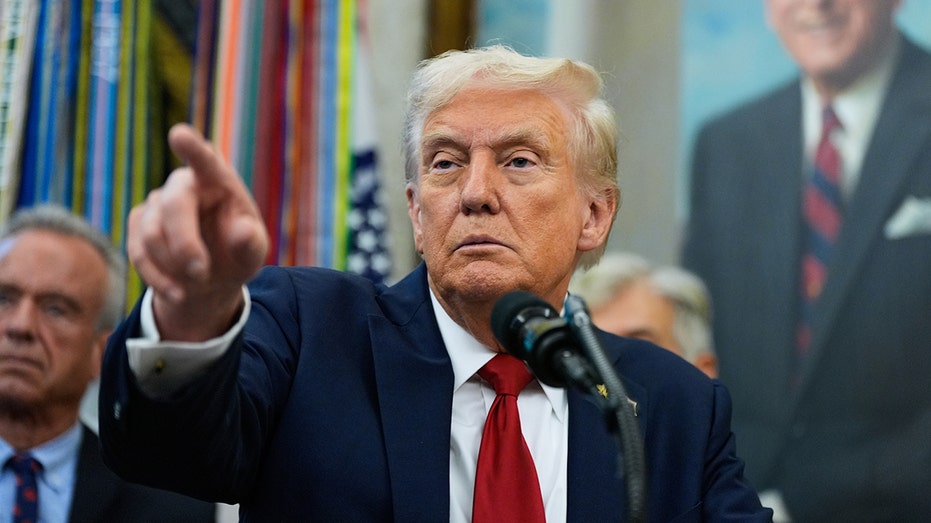A quiet battle is raging within the halls of American universities, a struggle not over academic freedom, but over what is being *taught* in the name of inclusion. As federal scrutiny intensifies, institutions are scrambling to conceal programs promoting diversity, equity, and inclusion – DEI – but the efforts to hide them are often clumsy and revealing.
Nicole Neily, founder of Defending Education, describes a three-tiered response among universities. Some openly defy attempts to curtail DEI, proudly “resisting” any change. Others, the largest group, engage in a deceptive rebranding, swapping “DEI departments” for “belonging departments” and altering titles, all while continuing the same underlying practices.
Evidence of this deception is mounting. Reports detail universities moving DEI offices to less visible locations rather than dismantling them. One university faced a federal complaint alleging the segregation of facilities based on gender identity and the creation of restrooms with compromised privacy, all under the guise of inclusivity.
Undercover investigations have captured staff admitting to deliberately rebranding DEI initiatives to evade oversight. The strategy is simple: change the name, maintain the agenda. This calculated maneuver reveals a deliberate attempt to circumvent regulations and continue promoting a specific ideological framework.
However, Neily identifies a third, surprising category: universities secretly relieved to have justification for scaling back DEI programs. Many administrators, she believes, grew frustrated with the excesses of the movement and welcome the opportunity to quietly retreat, even while publicly attributing any changes to external pressures.
The most concerning behavior, according to Neily, comes from those actively concealing their efforts, believing they are untouchable. She recounts a university conference where DEI advocates openly declared confidence in their ability to continue their work, reasoning that federal attention focuses solely on elite institutions. This brazen attitude, she argues, demonstrates a “guilty mind” and a clear intent to operate outside the bounds of accountability.
Defending Education has responded by urging state officials to conduct comprehensive audits of K-12 laws, seeking to eliminate loopholes that allow DEI initiatives to persist. A “whole of government” approach is needed, Neily insists, to prevent administrators from obscuring their records and shifting blame.
But a shift may already be underway. A confluence of factors – declining public trust in higher education, soaring costs, and a questionable return on investment – is prompting a reevaluation of the university experience. Incoming freshman classes are the largest ever, yet confidence in these institutions is plummeting.
The decline in international students, coupled with a growing preference for institutions that prioritize a traditional college experience, is forcing universities to confront a changing landscape. Students are increasingly “voting with their feet,” choosing schools that don’t prioritize “woke” ideologies, particularly in the South.
Southern states are even establishing independent accrediting bodies, challenging the dominance of existing organizations perceived as promoting progressive agendas. This move signals a growing desire for institutions that prioritize academic rigor and a more balanced campus environment.
The demand for a “proper college experience” is reshaping campus life, and some Southern universities are considering limiting out-of-state enrollment to preserve their unique culture. Administrators who fail to adapt, Neily warns, risk facing significant challenges in the years ahead. The future of higher education hangs in the balance, poised for a period of profound and potentially disruptive change.






